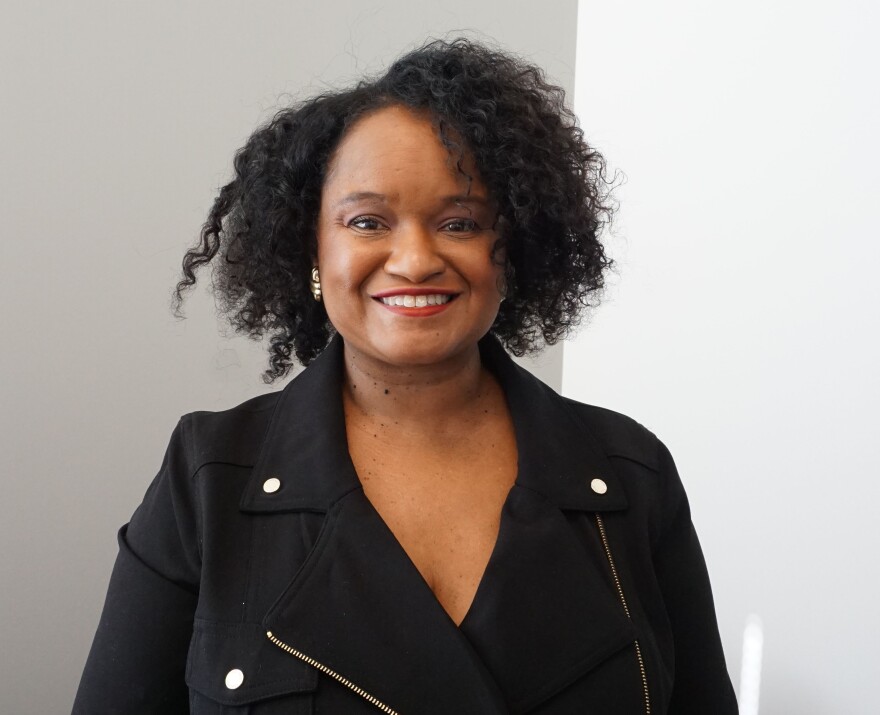Black Americans are about twice as likely to develop Alzheimer’s disease as non-Hispanic white Americans.
But historically, clinical studies have recruited mostly white participants.
Washington University associate neurology professor Joyce Balls-Berry, a Black woman herself, is on a mission to change that.

She received a $3.4 million grant from the National Institute of Aging to enroll 2,000 Black research participants from Missouri and Illinois for Alzheimer’s and other dementia-related studies.
“The greatest disease burden seems to be happening in communities of color,” Balls-Berry said on Monday’s St. Louis on the Air. “And as an African American woman, this is something that's really pivotal to me.”
It’s a timely grant because last year two major developments happened in Alzheimer’s treatment: a blood test to screen people for the disease hit the market, even as a drug called Aduhelm was approved to help remove affected lesions in the brain.
But in the drug trial for Aduhelm, just 19 of 3,285 participants were Black. That’s less than 1%.
“We have no idea for such few individual Black individuals in that drug trial, whether the drug works for them or whether the side effects are the same,” said Dr. John Morris, director of Knight Alzheimer’s Disease Research Center. “And yet the drug is approved for giving it to all people even though all people haven't been in the trials.”
That’s where Balls-Berry comes in. She said involving more participants of color is vital to get accurate research. And that research is critical to future developments. Results from drug trials and studies directly influence health care policies and patient care.
“I moved back to St. Louis to do this work,” Balls-Berry said. “This is, I believe, a part of my legacy.”
She’s focused on making sure her research doesn’t just enlist Black people, but also arms them with health care and research literacy skills. Her participants will know where their personal information is going and what it will be studied for.
Washington University has become a leader in Alzheimer’s research in recent years. University researchers have received millions of dollars in grant money to not only research racial disparities in Alzheimer’s but to address other efforts related to the disease. A new $11.5 million grant seeks to help prevent the disease in people with a key genetic mutation. Morris said he hopes that work will prove applicable to others as well.
“St. Louis on the Air” brings you the stories of St. Louis and the people who live, work and create in our region. The show is hosted by Sarah Fenske and produced by Alex Heuer, Emily Woodbury, Evie Hemphill, and Kayla Drake. Jane Mather-Glass is our production assistant. The audio engineer is Aaron Doerr.






